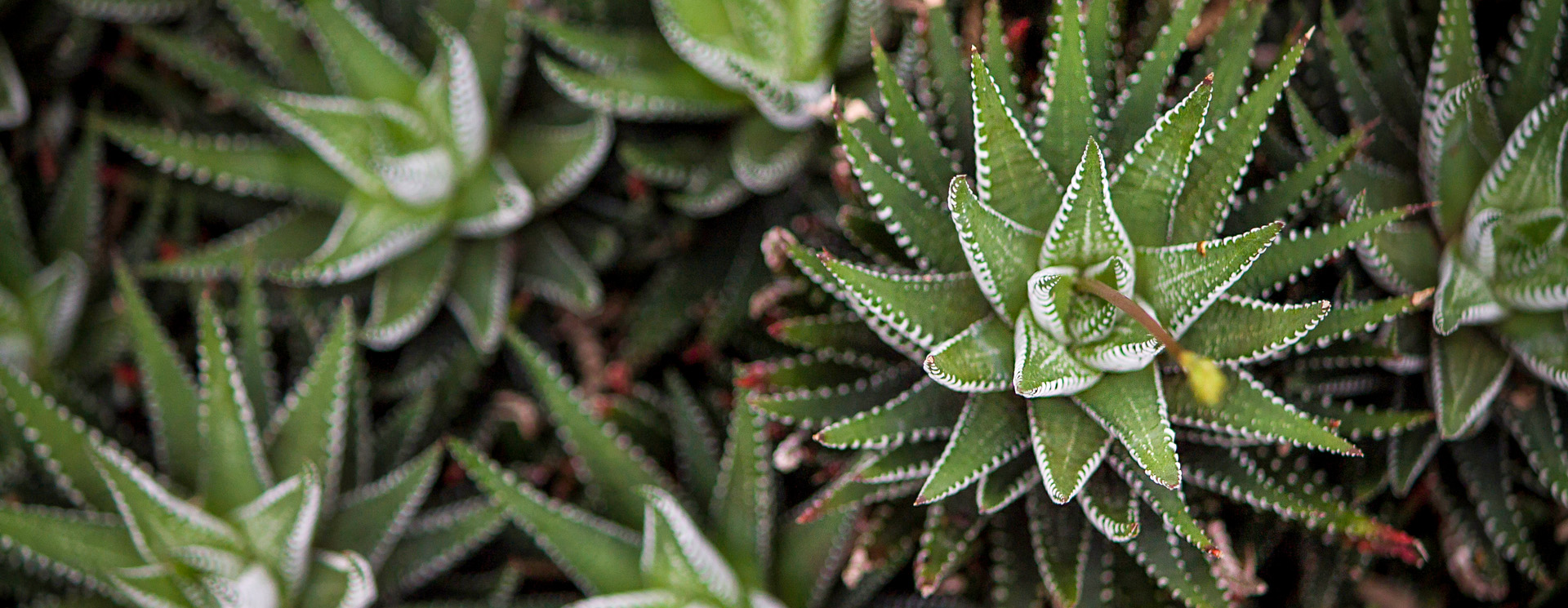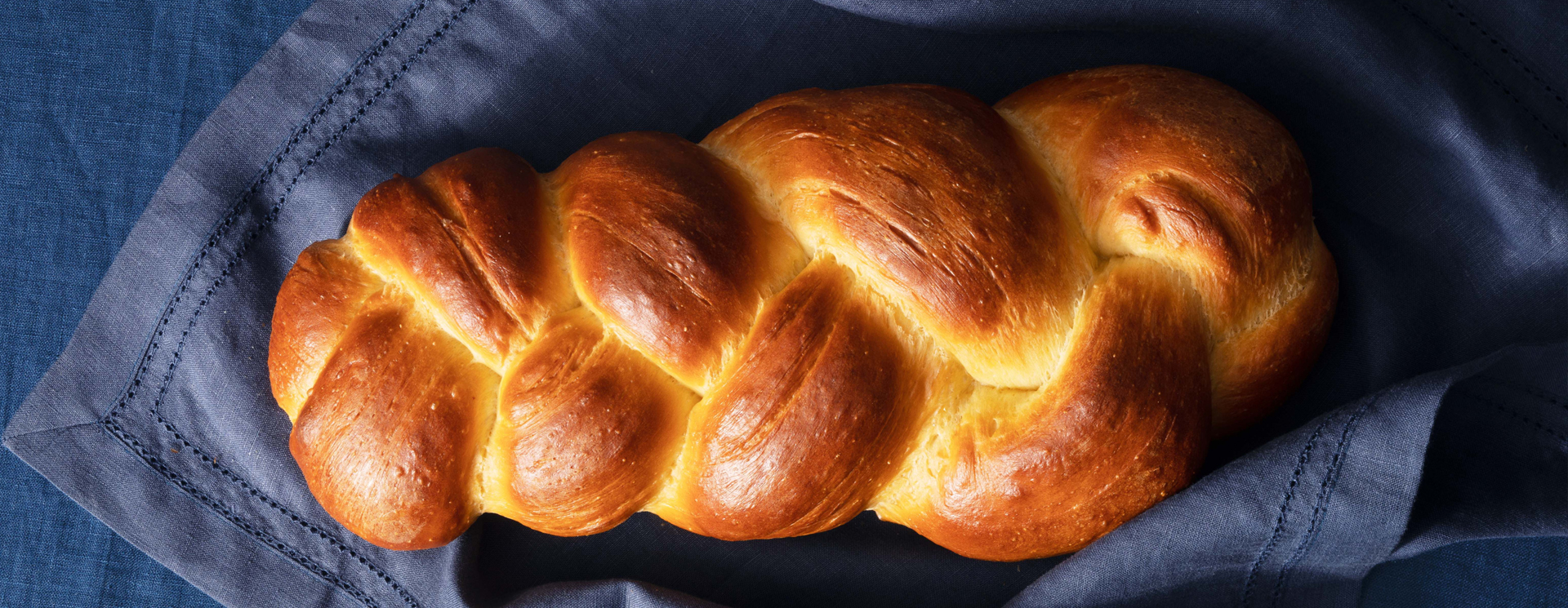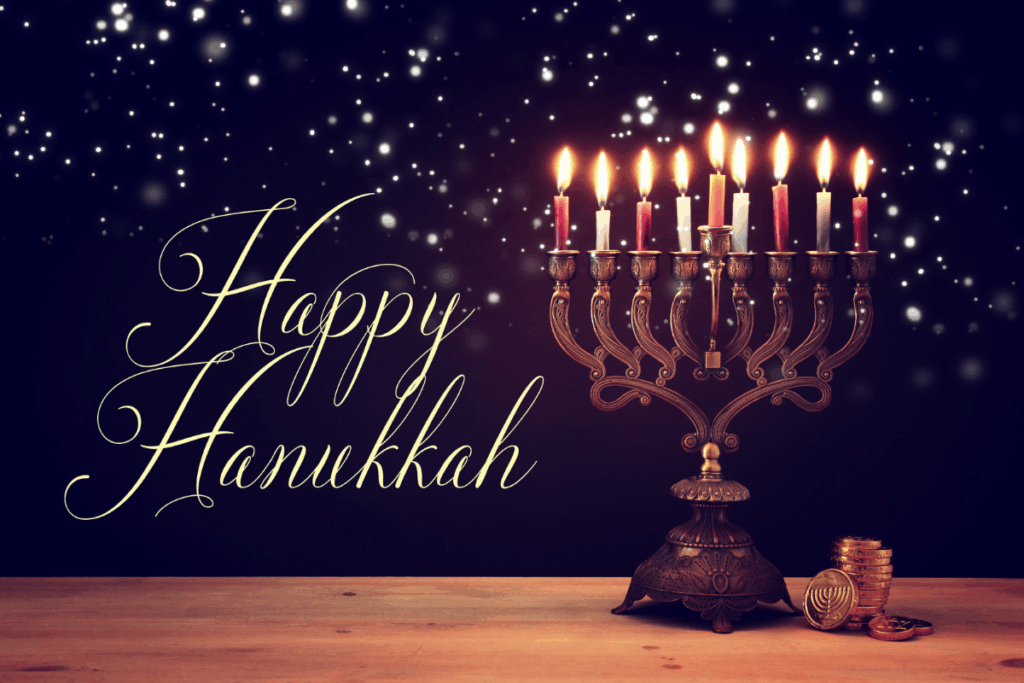Hanukkah is an eight-day Jewish festival (December 14 – 22, 2025).
The central theme of Hanukkah commemorates the rededication of the Second Temple in Jerusalem during the second century B.C. and the miracle of the oil. Hanukkah holds great cultural and religious significance for Jewish communities around the world, and the celebration of this festival is a time for reflection, gratitude, and the lighting of the Hanukkah to commemorate the miraculous events of the past.
Historical background and significance of Hanukkah:
- Historical Background:
- During the second century BCE, Judea (modern-day Israel) was under the rule of the Seleucid King Antiochus IV. He attempted to impose Hellenistic culture and beliefs on the Jewish population.
- Antiochus outlawed Judaism, desecrated the Second Temple in Jerusalem, and persecuted those who adhered to Jewish traditions
- Maccabean Revolt:
- A group of Jewish rebels led by Judah Maccabee (Judah the Hammer) and his brothers fought against the Seleucid forces in what became known as the Maccabean Revolt.
- Despite being significantly outnumbered, the Maccabees achieved several military victories, leading to the recapture of Jerusalem and the cleansing and rededication of the Second Temple in 165 BCE.
- The Miracle of the Oil:
- According to tradition, when the Maccabees rededicated the Temple, they found only a small amount of ritually pure oil (enough for one day) to light the menorah, a seven-branched candelabrum.
- Miraculously, the oil burned for eight days, allowing enough time to produce more ritually pure oil. This event is at the heart of the Hanukkah story.
- The Menorah and Eight Nights:
- To commemorate the miracle of the oil, Jews light the menorah during Hanukkah. The menorah used during this festival, known as a Hanukkah, has nine branches. The central candle, called the shamash, is used to light the other candles.
- Each night of Hanukkah, an additional candle is lit, progressing from one to eight over the eight nights.
- Celebration and Traditions:
- Hanukkah is a time for joy, family, and the sharing of traditional foods like latkes (potato pancakes) and sufganiyot (jelly-filled doughnuts).
- Dreidels, four-sided spinning tops with Hebrew letters on each side, are often used for games during Hanukkah.
- Symbolic Meaning:
- Hanukkah is seen as a celebration of Jewish resilience, freedom, and religious identity. It symbolizes the triumph of light over darkness, good over evil, and the preservation of Jewish culture and faith.

Events
- Chabad on campus at Wash U
- Hanukkah at Garden Glow at the Missouri Botanical Gardens on December 14, 2025
Photo source: Missouri Botanical Gardens

Resources
- Hanukkah Books
- Hanukkah Reads
- Best Hanukkah Recipes 2024
- 32 Best Hanukkah Recipes for a Traditional Festival of Lights
Photo source: Good Housekeeping
